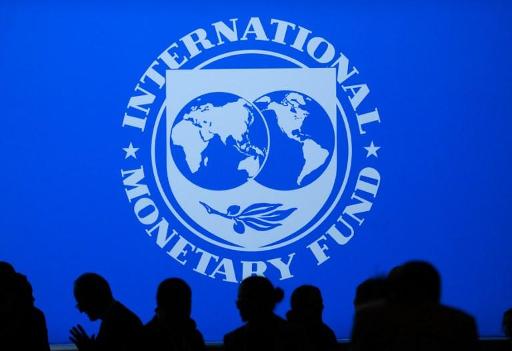A slow recovery from the Covid-19 pandemic followed by various "gloomy developments" have pushed the world to what could be on the brink of a global recession, according to a report from the International Monetary Fund (IMF).
The global economy was still reeling from the recent pandemic, of which the recovery was slower than hoped, and the rising energy prices and decreasing consumer confidence in recent months, as well as downturns in Russia and China, have further resulted in it facing an "increasingly murky and uncertain outlook," the report stated.
“The outlook has darkened significantly since April,” Pierre-Olivier Gourinchas, IMF Economic Counsellor and Director of Research said following the report's publication. “The world may soon be teetering on the edge of a global recession, only two years after the last one."
The report, titled "The World Economic Outlook Update July 2022: Gloomy and More Uncertain," was published on Tuesday, less than a week after the European Central Bank (ECB) raised interest rates for the first time in over a decade in a bid to control runaway inflation, which reached 8.6% in the Eurozone in June.
Slowing economies
According to the report, the significant consequences of the stalling of the world’s three main economies – the United States, China and Europe — which have slowed more sharply than anticipated, are driving this risk.
Economists have stated that the probability of recession has now increased, with the risk of a recession starting in Group of Seven (G7) economies estimated being nearly 15%, four times its usual level. In Germany, this risk is even one in four.
Related News
- ECB President sees gloomy economic outlook for Eurozone
- Russia's Central Bank surprises markets, lowers key interest rate from 9.5% to 8%
- European Commission expects low growth in 2023
The report warned that, if additional shocks should hit the global economy — such as the sudden stop of European gas imports from Russia or inflation being harder to bring down than anticipated— economic outcomes would be even worse than predicted now.
The IMF has now downgraded its global forecasts from April projections by 0.4 percentage points, predicting that growth will slow from 6.1% last year to 3.2% in 2022.
Effects of economic policy
In 2023, "disinflationary monetary policy" (referring to the rising interest rates by central banks) is "expected to bite," resulting in global output being expected to grow by just 2.9%. The Fed in the US is already expected to further raise interest rates by three-quarters of a percentage point on Wednesday.
However, the IMF experts stressed that taming inflation should still be the first priority for policymakers. "Tighter monetary policy will inevitably have real economic costs, but the delay will only exacerbate them."
With its recent announcement, the ECB is playing a delicate balancing act, attempting to curb inflationary pressures without placing further constraints on the European economy. Interest rates will rise by 0.5 percentage points, which means borrowing will be made significantly less attractive, but is hoped to help curb some Eurozone’s inflationary pressures.

